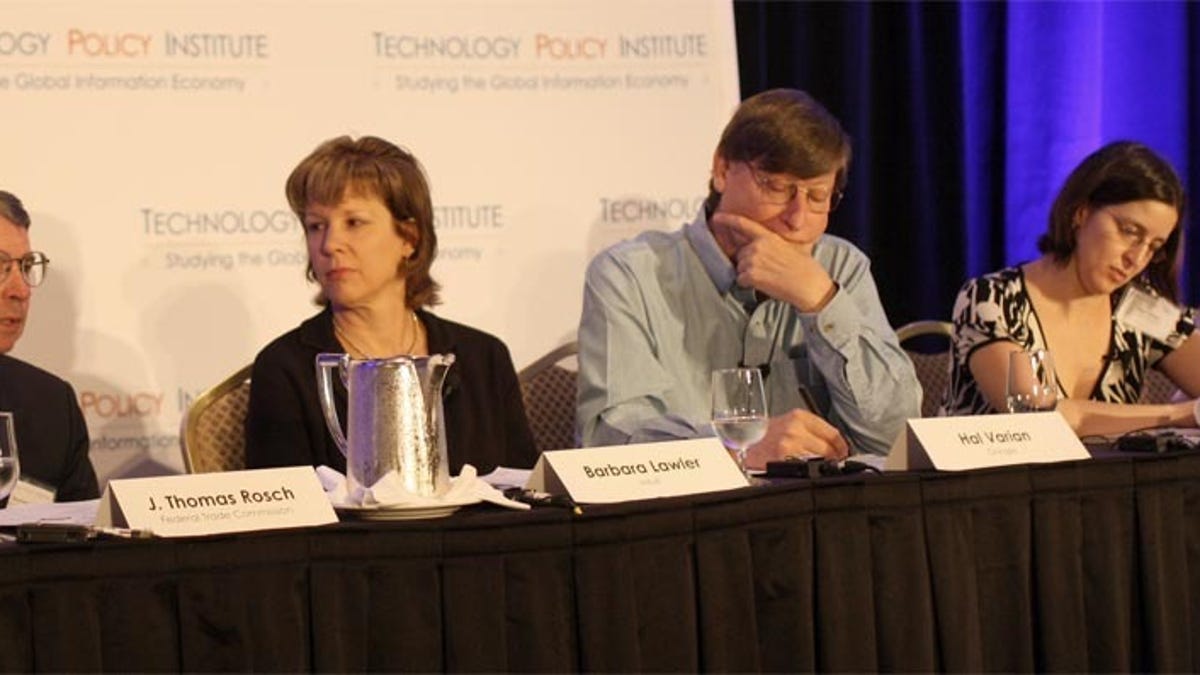FTC commissioner calls for new 'do not track' approach
J. Thomas Rosch suggests ad networks could "answer under oath questions about their information practices" to create "do not track" whitelists and blacklists for the Web.
ASPEN, Colo.--The U.S. Federal Trade Commission should take a different approach to "do not track" that would involve investigating online advertising, and then perhaps regulating it, a commissioner said today.
J. Thomas Rosch, a Republican commissioner who was appointed in 2006, suggested that the best way to create a do-not-track mechanism for the Web would be for the FTC to require all advertising networks to disclose what they do.
"The commission could serve those entities with compulsory process," Rosch said at the Technology Policy Institute's Aspen Forum here. We could "direct them to answer under oath questions about their information practices."
As interest-based advertising, sometimes called behavioral advertising, has become more widespread, interest in some kind of do-not-track mechanism has increased. Developers have added tools to Chrome, Firefox, and Safari to implement different forms of "do not track."
In December, the FTC released a 122-page staff report on "do not track" that called for an opt-out path for third-party behavioral advertising, meaning it wouldn't affect Web sites that compile their own user profiles. It stopped short, however, of calling for mandatory regulations--and Rosch and the other Republican commissioner expressed concerns about its feasibility at the time.
Rosch said today that learning more about current business practices is necessary before the FTC takes more regulatory steps. "We should have reliable information of that kind before we proceed further, as policymakers, and accuracy is much more important than speed," he said.
Information collected could then, he said, be used to create whitelists and blacklists based on the categories of ad networks. "Such lists could be used by the do not track mechanisms being implemented by browsers," he said.
Rosch acknowledged it's possible for government regulation to go too far. The potential downsides of "do not track," he said, include "the loss of relevancy, the loss of free content, the replacement of current advertising with even more intrusive advertising."
In a March guest column for Advertising Age, Rosch said he wanted "definitive answers" to questions about how any mechanism would work "before I can support any particular do-not-track proposal." He noted that the FTC has not yet voted to endorse any particular proposal.


